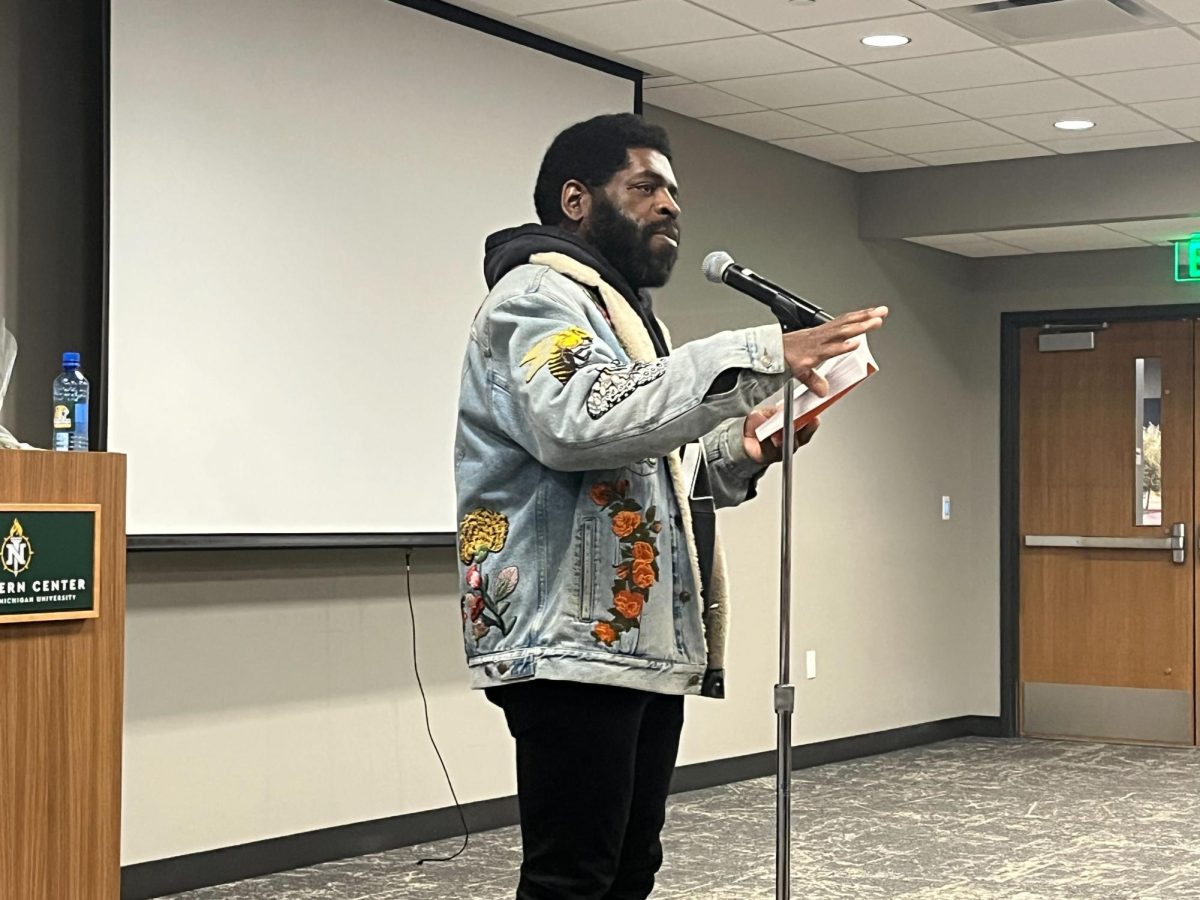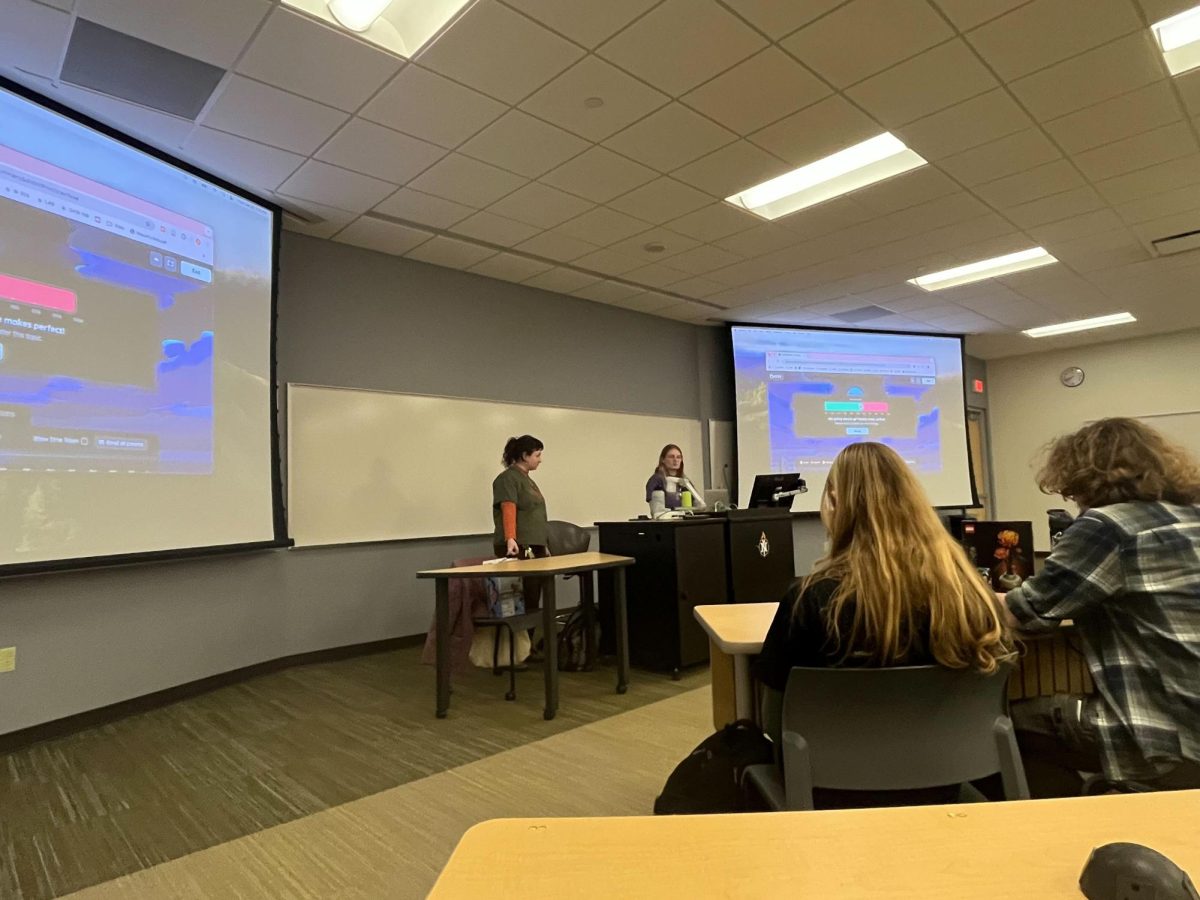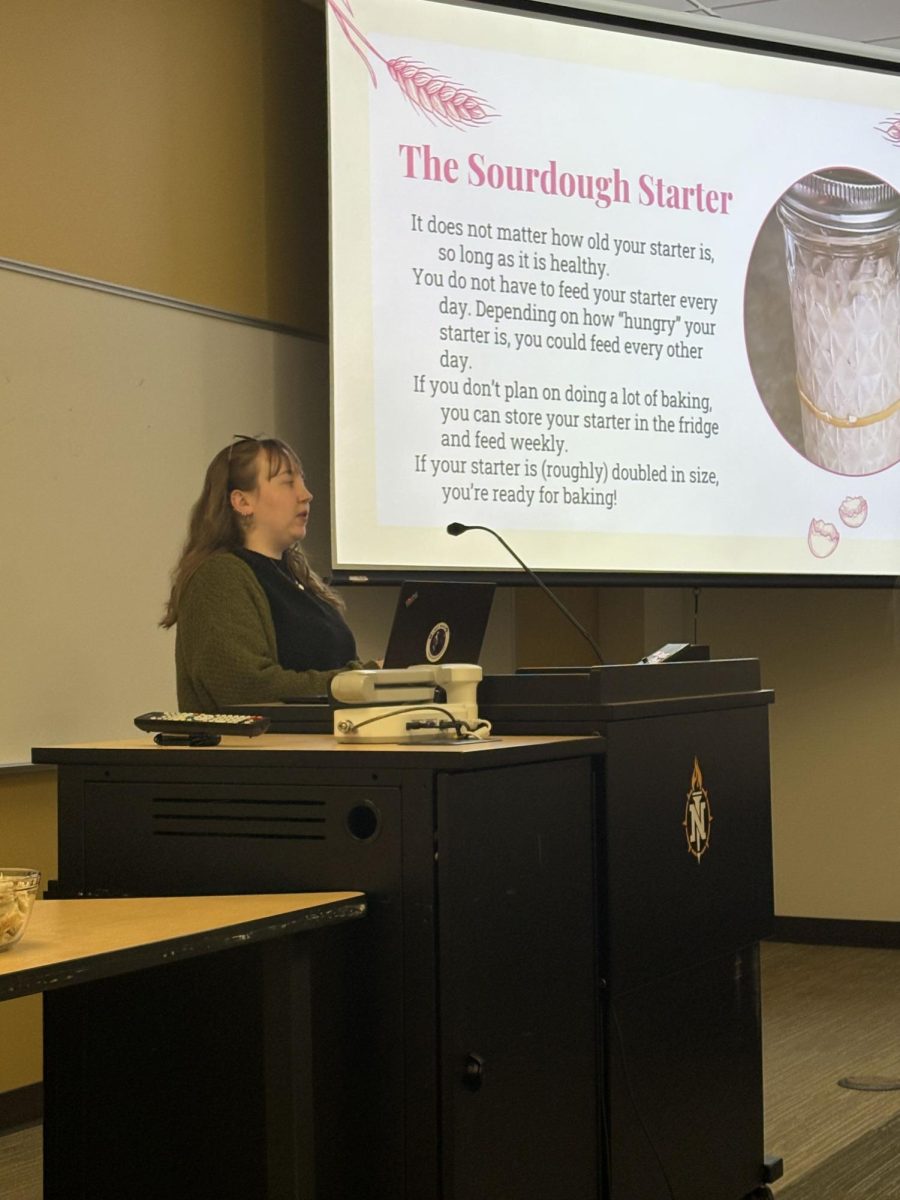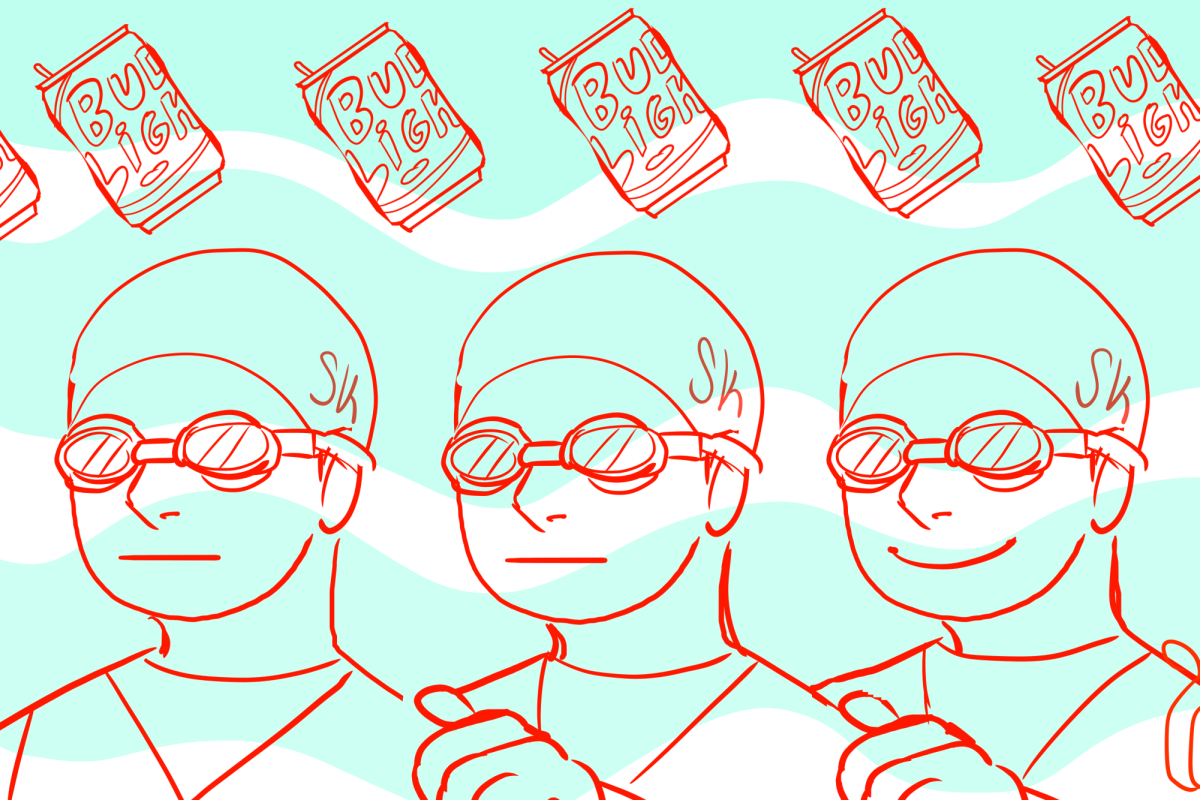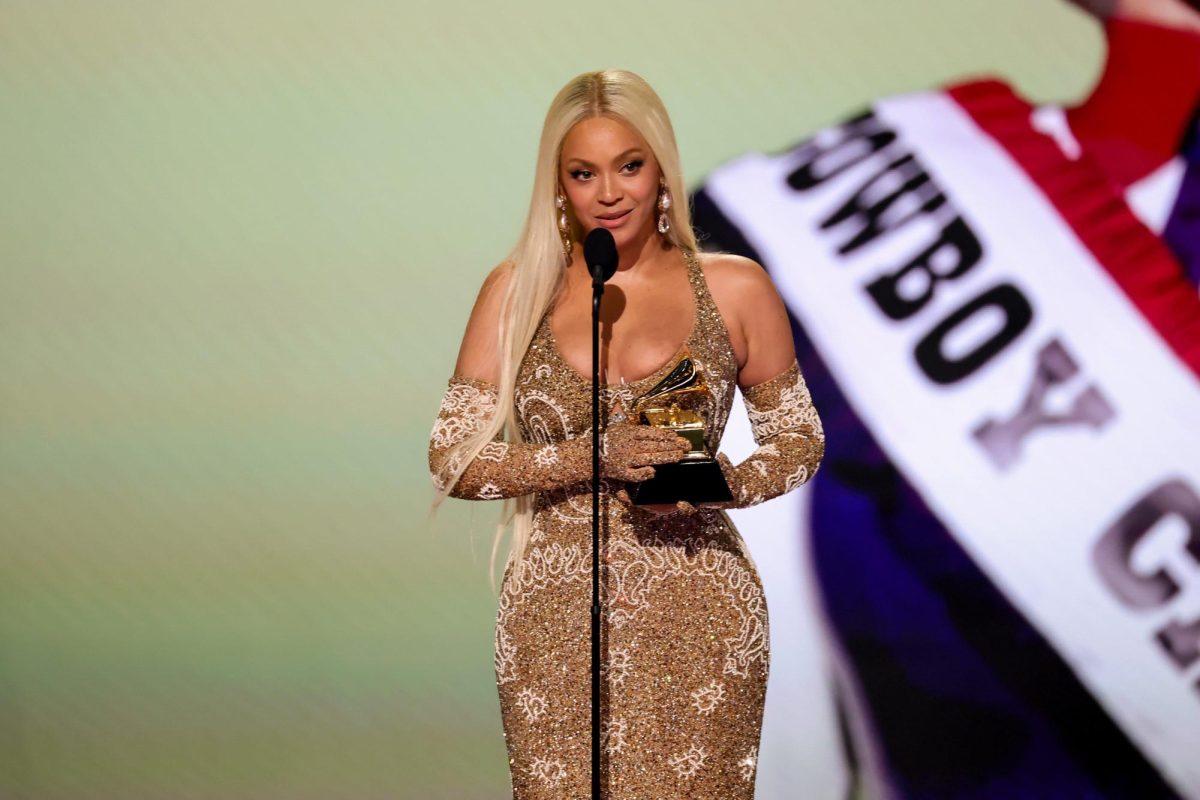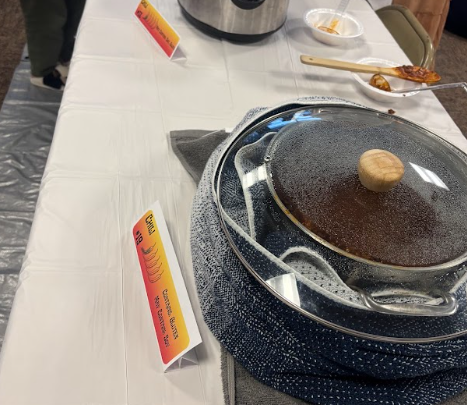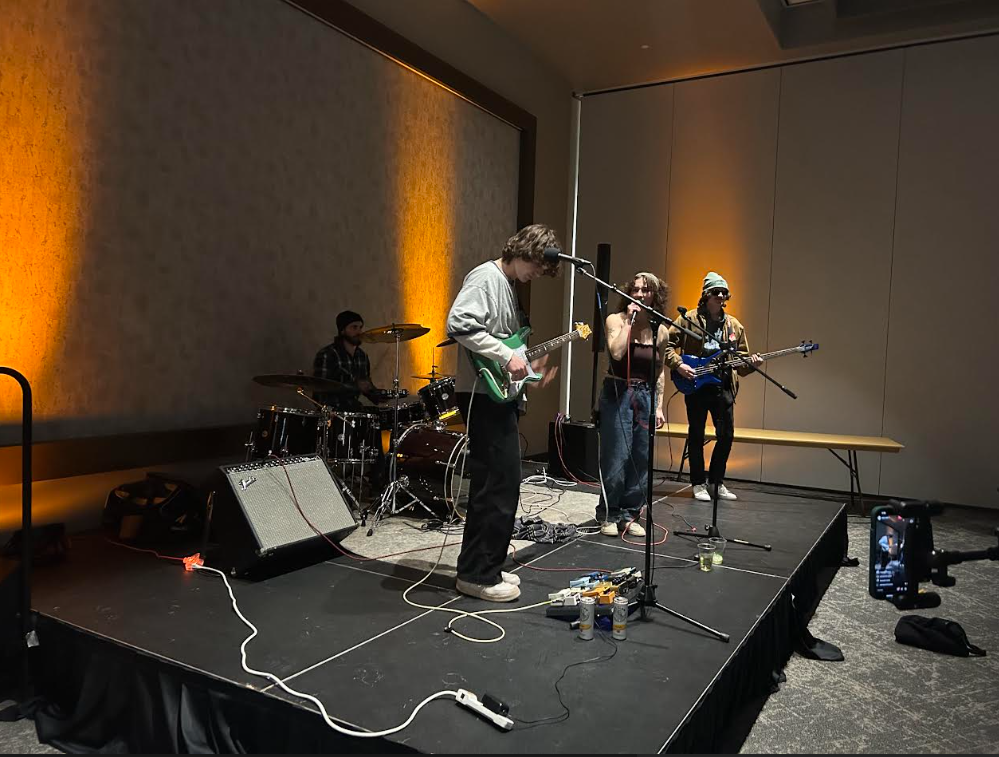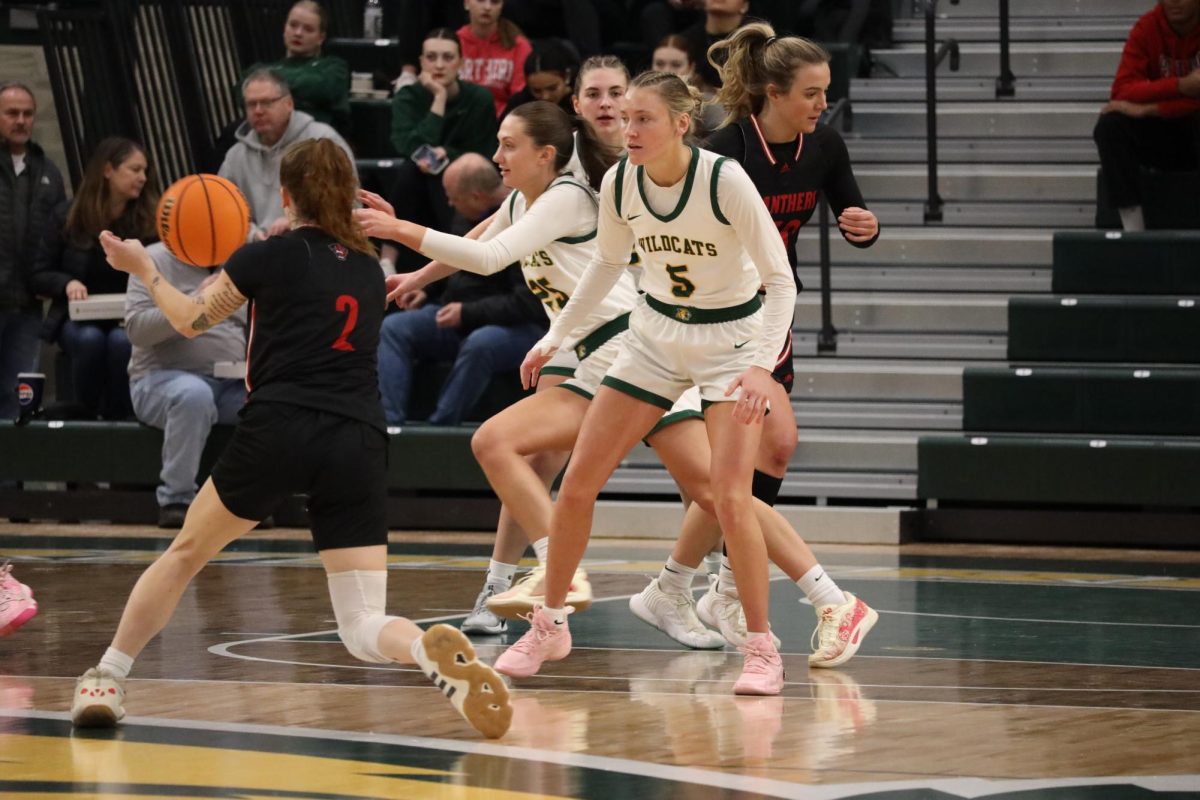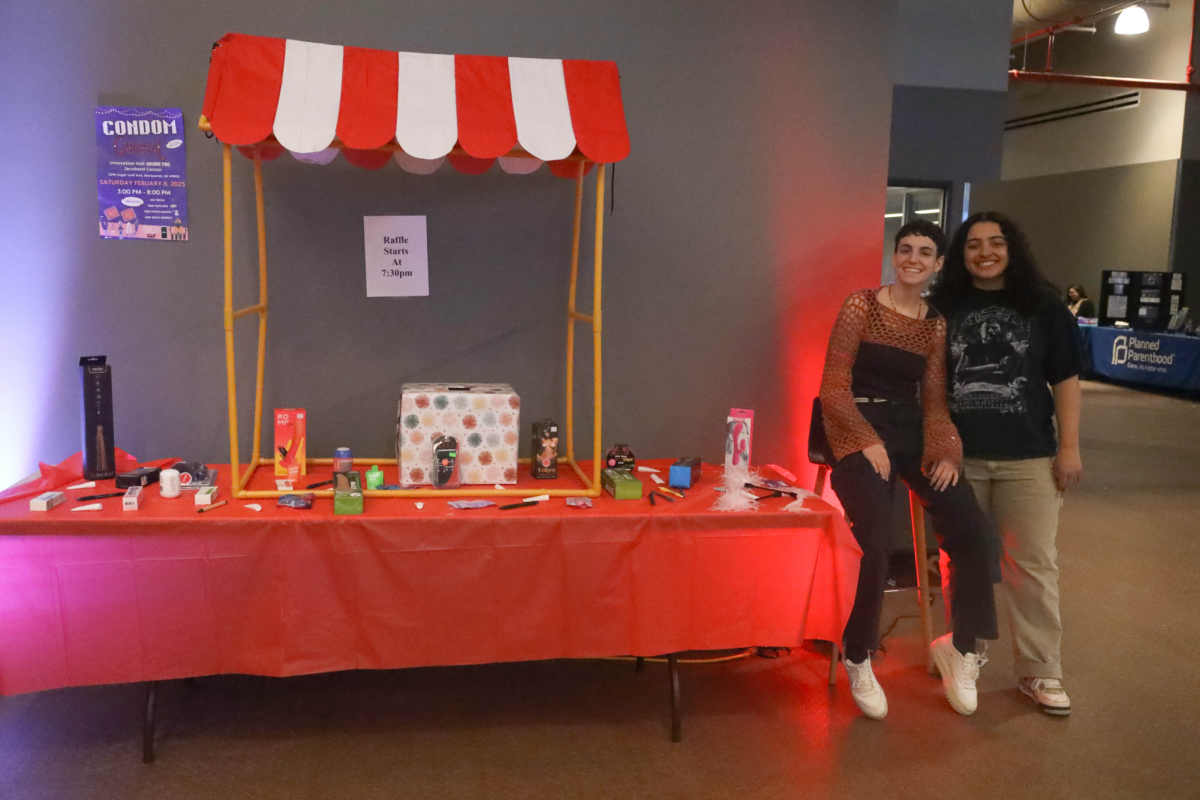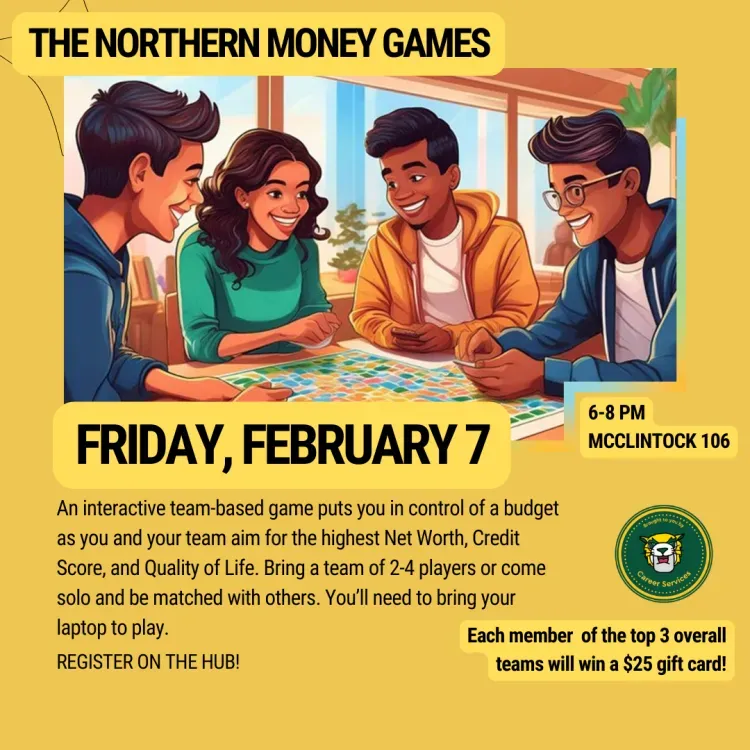Girl Talk, aka Gregg Gillis, is a DJ who makes mash-ups using samples of popular American songs, and his fast-paced, fragmented, postmodern style of creating music has shaped a new perspective on copyrights and progress.
His newest album, “All Day,” is free to download at Illegal-Art.net/AllDay/, and illegal art it may be. The legality of his music is questioned as he does not ask permission to use samples and the a cappella samples of most mainstream musicians are available on the Internet sometimes as leaked tracks. In response, Girl Talk is licensed by a Creative Commons Attributions Non-Commercial license which states a fair use doctrine that gives “permission to make certain uses of the work even for commercial purposes.” This works for Girl Talk, but, to make sure, he released his newest album free of charge. He was able to quit his day job as a medical researcher and focus on touring the country with his laptop covered in plastic wrap to save it from beer spills, but as for the general population, we are subject to federal anti-piracy laws. I hope one day this will change.
One overly-sentimental theme I remembered from Super Bowl commercials was that America is progressing at high-speeds. President Barrack Obama is here today to praise NMU’s expansion of the internet into rural areas, but for the folks in the woods it will still be illegal to download music though I hear it is rather accessible. With an advanced technological society comes obscure laws to protect those that are capitalizing off popular culture, but this is becoming archaic and an impediment to the progress of mankind. It’s time to bring music into the public domain and do away with archaic federal anti-piracy laws: that’s progress I’d vote for.
We have multiple G’s of technology, the expansive coverage of WiMax, file sharing websites and zip files: everything we need to have free digital music. Now it’s time to cut out the middle man: the music industry. Citibank now owns the record company EMI, and the American taxpayer bailed Citibank out not long ago, but it’s still a proponent of federal anti-piracy laws. That’s not in the best interest of the taxpaying, music lover in America. Every musician knows that the record industry is the bad boss with ridiculous contracts that dip into the artists’ pockets. Radiohead’s lead singer Thom Yorke called it a “decaying business model” in “Time” Magazine, while California punk band NOFX called it a “parasitic music industry,” in their song “Dinosaurs Will Die.” For the consumer, if music enters the public domain, music will be free for all to enjoy.
The musicians will be alright financially because tours are the main money-making activity and if they decide to manufacture CDs they will do so independently and receive much more of the record sales without the industry mediating. The small-time record stores I frequent are doing fine with the iTunes invasion, since they have a trustworthy demographic that prefers the physical copy or vinyl compared to the lower quality of digital albums transferred through file sharing. And well, screw Best Buy and the big time music dealers, they probably did more damage to the corner record store than the internet.
Progress doesn’t have to be a new iPhone or the new line of Mercedes-Benz. Progress should be the overturning of federal anti-piracy laws so that popular culture can be available to all people regardless of method of obtainment. What Girl Talk did with perfecting the art of mashing up popular songs was bound to happen. Now what America needs is free music for all.

